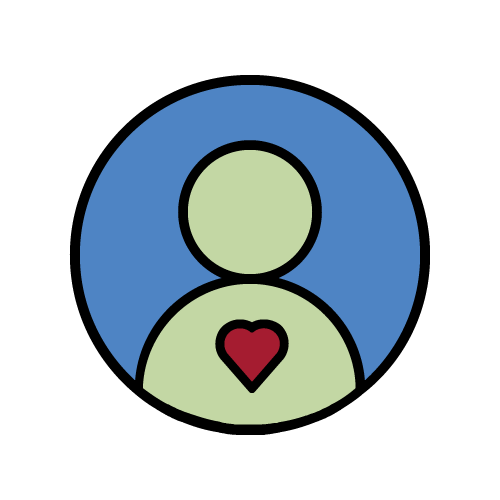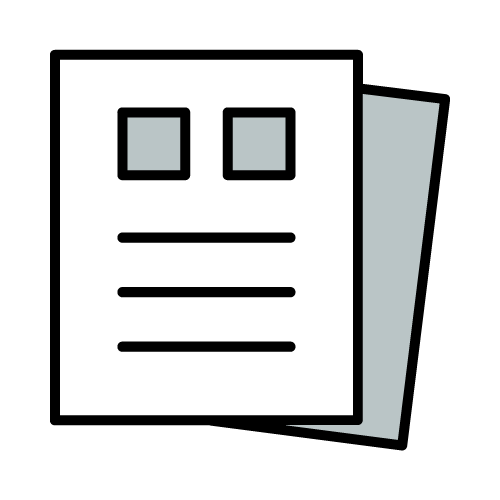The Disability Access Office (DAO) conducts individualized assessments of accommodation requests that include the review of relevant documentation. We emphasize the value of your experience, history, and perspective in conjunction with the review of supporting medical documentation, and therefore meet with every student before finalizing accommodation plans.
DAO does not have an age-limit requirement for documentation. However, evaluations should be relevant and address the current impact of your disability. You may be asked to provide updated information if your condition is potentially changeable and/or previous documentation does not address your current condition and its impact.
All accommodation requests made by you and/or your clinicians will be taken into consideration; however, DAO makes the final determination on reasonable accommodations. Requests from medical professionals do not guarantee implementation or approval by DAO.
Documentation Requirements
When submitting documentation, the following elements are requested universally:
- A dated, typewritten narrative in English and on letterhead with the signature of the licensed treating qualified care provider. Documentation typically takes the form of a letter and must reflect the current impact of the student’s impairment
- Identify current impairment(s) and history of diagnosis
- Describe how the impairment substantially limits one or more major life activities (walking, learning, seeing, concentrating, etc.) and current treatment plan (if relevant to accommodation planning)
- Recommendations or strategies that will mitigate the impact of described limitations

Qualified care providers should be unrelated to the student, and do not include relatives or close family friends outside of their treatment role.

Qualified care providers should have an established relationship with the student beyond an initial consultation and understand the history and impact of the health condition.

Personal narratives from other third parties, including IEPs/504 plans may be included in conjunction with, but not independent of, medical documentation.
Uploading Documentation
We ask that you scan and upload documentation to our registration portal. The second page on the AIM application includes a link to upload documentation.
Scanning Documentation on the iPhone
The iPhone “notes” application allows you to scan documentation for upload right on your phone. Here are the steps to do so:
- On your iPhone, open the notes application.
- Create a new note.
- Touch the camera icon and select “scan documents”.
- Take a picture of your document. The iPhone should automatically align the corners with the document, but if it doesn’t, you can manually adjust it to fit the paper.
- Once completed, your phone will say “Ready for next scan”. Click the “save” button on the bottom right corner of the screen and your scan will appear in your notes folder.
Here is a linked video tutorial of how to complete this process.
Scanning Documentation on the Android
Open the Google Drive application.
2. In the bottom right, tap the “+” sign.
3. Tap the camera icon to scan.
4. Take a photo of the document you’d like to scan (to adjust scan area tap “Crop”; to take the photo again tap “Re-scan current page”; to scan another page tap “Add”).
5. To save the finished document, tap “Done”. The document is now saved in your Google Drive account.
Additional Considerations

In order to safeguard the confidentiality of individuals with disabilities, evaluators may withhold or redact any portion of the documentation that is not directly relevant to the University’s criteria for establishing a rationale for the requested accommodations as long as the remaining information substantiates the presence of a disability and all documentation criteria are met.

IEP/504 Plans contain valuable historical information about accommodations in K-12. However, most of these plans do not include diagnostic information, and we therefore may request additional documentation in order to make accommodation decisions.

Please note, sharing diagnostic or medical information with DAO is not equivalent to sharing the information with Harvard University Health Services (HUHS). Students are strongly encouraged to report their health information and any updated health information directly to HUHS.
